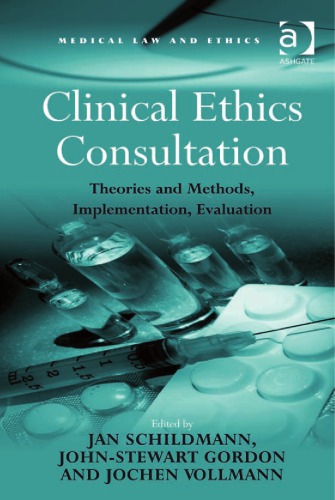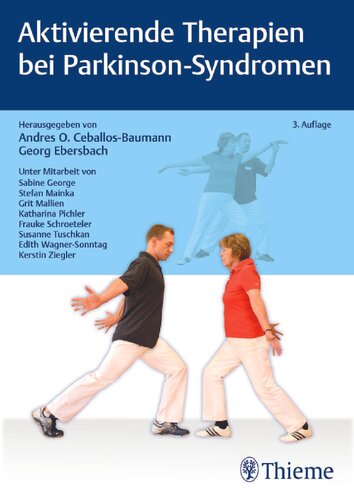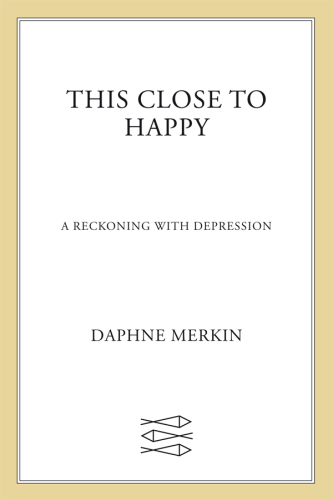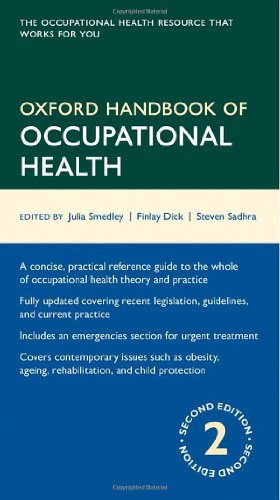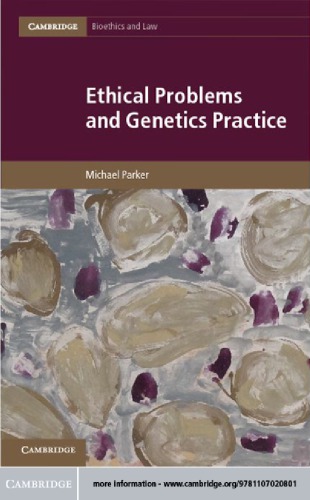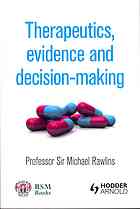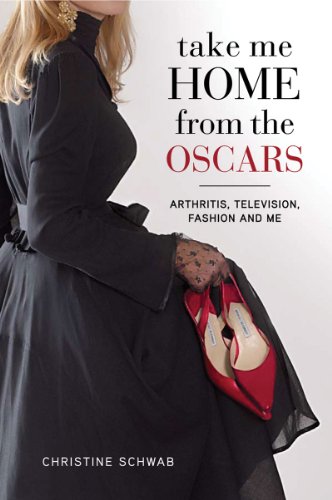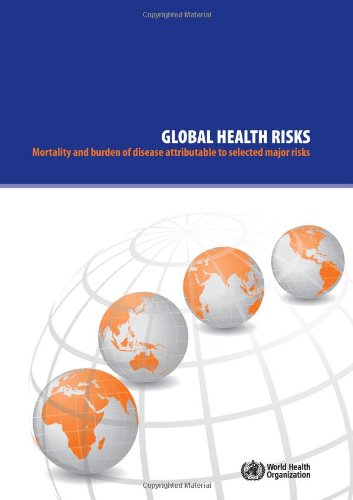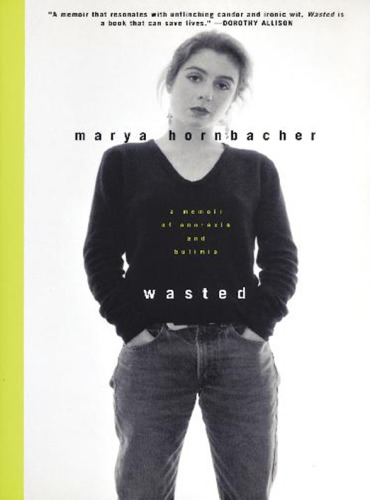مشاوره اخلاق بالینی: نظریه ها و روش ها، اجرا، ارزیابی ۲۰۱۰
Clinical Ethics Consultation: Theories and Methods, Implementation, Evaluation 2010
دانلود کتاب مشاوره اخلاق بالینی: نظریه ها و روش ها، اجرا، ارزیابی ۲۰۱۰ (Clinical Ethics Consultation: Theories and Methods, Implementation, Evaluation 2010) با لینک مستقیم و فرمت pdf (پی دی اف)
| نویسنده |
Jan Schildmann, Jochen Vollmann, John-Stewart Gordon |
|---|
| تعداد صفحهها |
221 |
|---|---|
| نوع فایل |
|
| حجم |
3 Mb |
| سال انتشار |
2010 |
89,000 تومان
معرفی کتاب مشاوره اخلاق بالینی: نظریه ها و روش ها، اجرا، ارزیابی ۲۰۱۰
این جلد گروهی از محققان از کشورها و رشته های مختلف اروپایی را گرد هم می آورد که در مشاوره اخلاق بالینی (CEC) درگیر هستند. این کار بحث در مورد تئوری ها و روش های موجود در CEC و مسائل مربوط به اجرا و ارزیابی را ارائه می دهد. بخش اول به رویکردهای مختلف ممکن در CEC می پردازد. نویسندگان این پرسش را بررسی می کنند که چگونه موارد پیچیده در اخلاق بالینی شناسایی می شوند، یعنی کدام نظریه، رویکرد یا روش اخلاقی برای اتخاذ یک تصمیم اخلاقی آگاهانه تجربی مناسب تر است. همچنین بحث می کند که آیا اخلاق گرایان بالینی باید از نظر آموزش اخلاق گرا باشند یا تسهیل کننده های آموزش دیده با دانش اخلاقی. بخش دوم به اجرای ساختارهای CEC در سطوح کلان و خرد در کشورهای توسعه یافته و در حال گذار می پردازد. بخش سوم به موضوع حیاتی ارزیابی CEC می پردازد. ارزیابی با توجه به این که آیا CEC با موفقیت اجرا شده است، قابل اعتماد است و تصمیم گیری اخلاقی را افزایش می دهد، ضروری است. ارزیابی ممکن است نشان دهد که روش خاص CEC در حال کار باید با توجه به نیازهای خاص سایت برنامه اصلاح شود. این یافته های تجربی برای ارزیابی فلسفی مهم هستند زیرا می توانند برای بهبود روش شناسی رویکرد اخلاقی ارائه شده در CEC مورد استفاده قرار گیرند. ترکیب نظریه ها، روش ها، اجرا و ارزیابی CEC در این جلد، رابطه نزدیک بین استدلال فلسفی و یافته های تجربی در پزشکی را نشان می دهد. این کتاب با گرد هم آوردن نظریه پردازان و متخصصان مراقبت های بهداشتی، به این انتقاد می پردازد که «اخلاق بالینی» به درستی در نظریه ها و روش ها قرار نمی گیرد.

